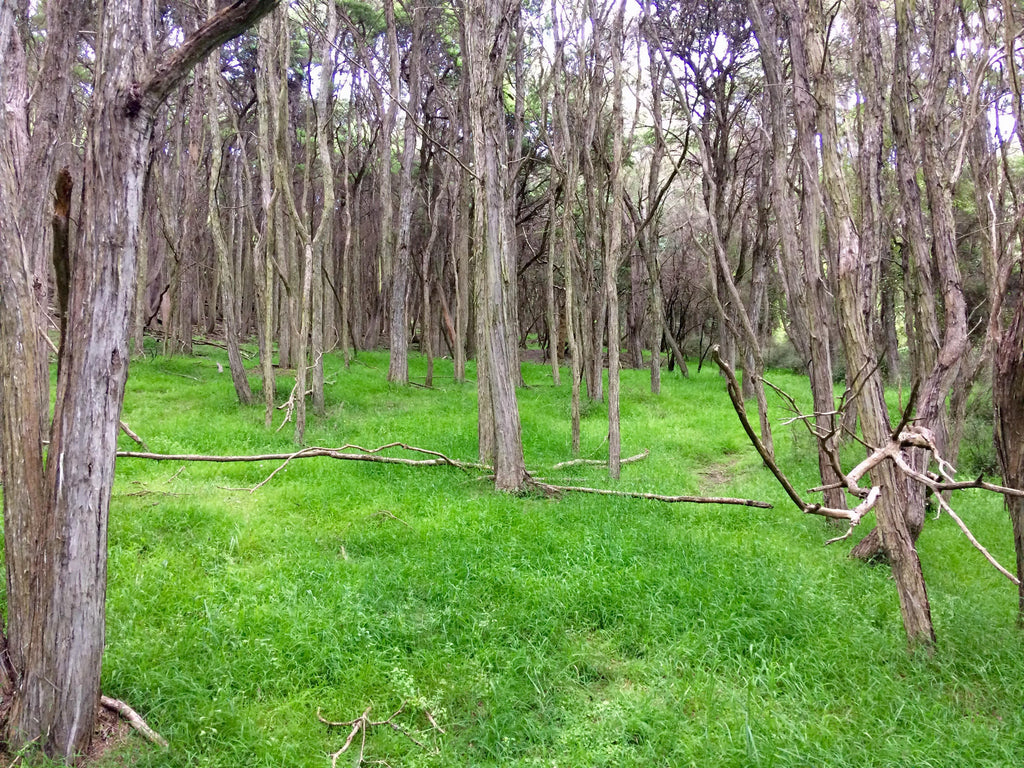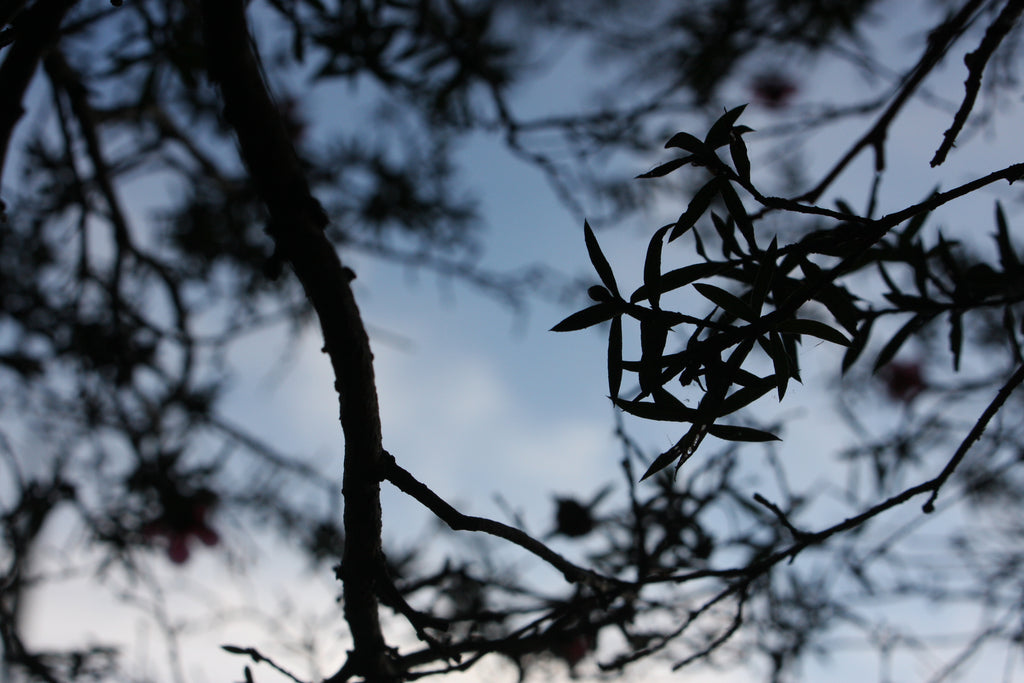Traditional uses of mānuka
Mānuka and kānuka have long been valued for their healing properties
“From the earliest human habitation of New Zealand by the Māori people around 800 to 1000 years ago, the mānuka plant (leptospermum scoparium) was known to have special medicinal and therapeutic properties.”
- Source
Modern science is beginning to unveil the extraordinary healing properties of mānuka and kānuka. Before European settlers discovered New Zealand, these plants were well known to the native Maori for their many healing purposes.
The diverse range of ways that mānuka was used for treating ailments is quite impressive. These different preparations were used to reduce fever, treat head colds, stiff back and joints, treat constipation, induce vomiting, taken as a relaxant before going to sleep, for pain relief after injuries, as a mouthwash, to treat gum disease, bathing sore eyes, soothing burns, purifying the blood, reducing inflammation, treating dysentery, alleviating colac and more.
Mānuka timber is strong and flexible
Wood that comes from mānuka and kānuka trees is very hard, flexible and burns for a long time. It was used for canoe structures, paddles, bird spears, fishing tools, gardening tools, weapons, firewood, and to build houses with. Nowadays, wood from the mānuka tree is commonly used for smoking fish and other foods thanks to the delicious aroma that it gives off.
“The bark was used for making water containers and the inner bark as a waterproof layer for roofing.”

Used to make tea and beer:
When Captain James Cook was exploring New Zealand in the early 1800s, he made tea from mānuka leaves to ward off scurvy in his crew, and also mixed it with rimu twigs as ingredients to make beer.
Early settlers viewed mānuka and kānuka as a nuisance because it would keep regrowing soon after they removed the trees from their land. Although much of New Zealand’s original native forests have been chopped down over the last 170 years, the booming demand for mānuka honey and essential oils is encouraging land owners to plant mānuka and kānuka again.


